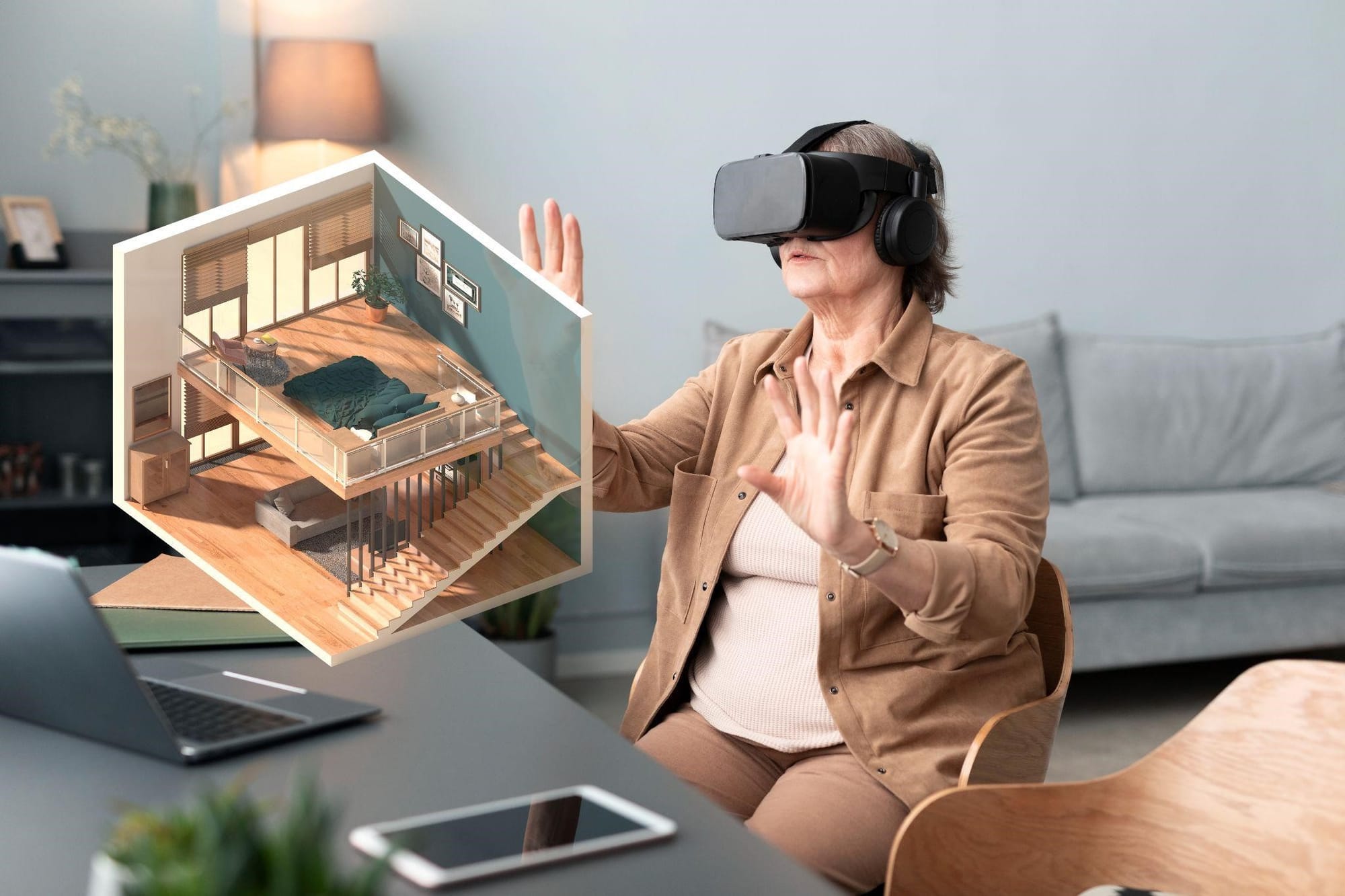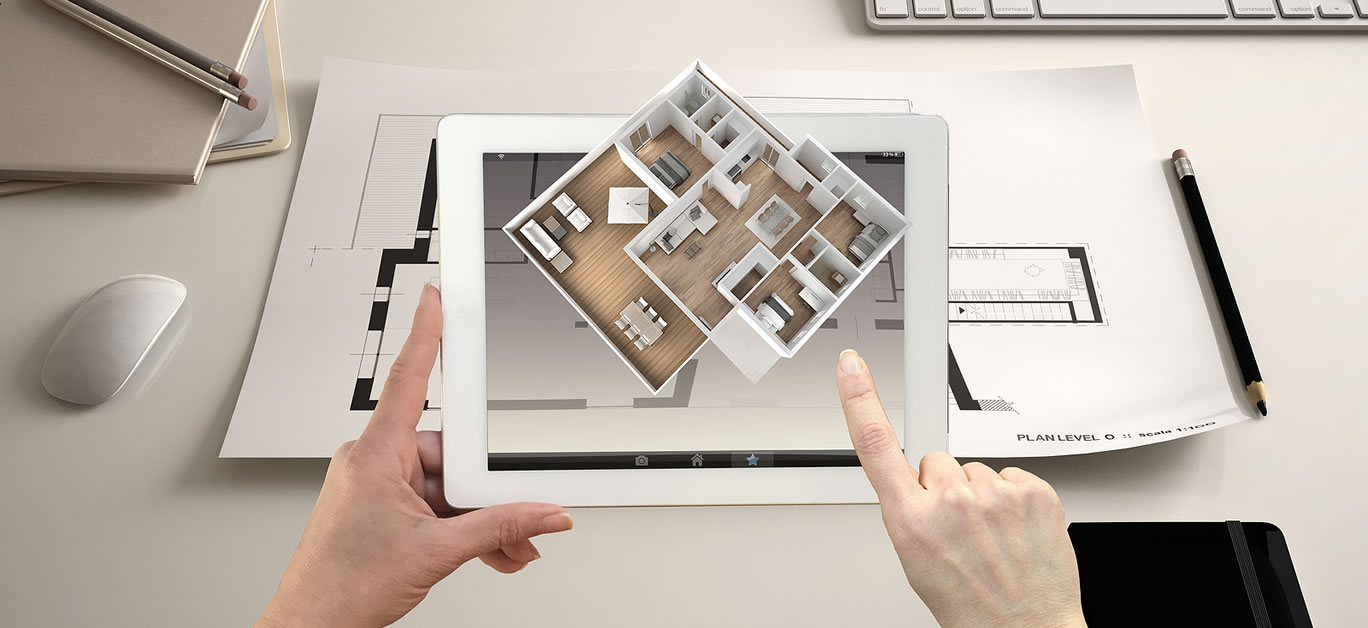Immersive Living: Exploring the Role of Virtual Reality in Lifestyle Design
In this article, we delve into the multifaceted role of VR in lifestyle design, highlighting its applications and impact on shaping our daily lives.


Virtual Reality (VR) technology has transcended its gaming origins to become a powerful tool for simulating and designing various lifestyle choices. From interior design to travel experiences, VR is revolutionizing the way individuals explore and shape their preferred lifestyles. In this article, we delve into the multifaceted role of VR in lifestyle design, highlighting its applications and impact on shaping our daily lives.
Virtual Home Design and Interior Decor
VR enables individuals to visualize and customize their living spaces with unprecedented realism and detail. Designing a home or apartment can be a daunting task, but VR platforms such as Oculus Rift and HTC Vive allow users to virtually walk through different floor plans, experiment with furniture layouts, and preview interior decor choices in a lifelike environment. By immersing themselves in virtual home designs, users can make informed decisions about space utilization, color schemes, and furniture selections before committing to any physical changes, resulting in more personalized and functional living spaces.
Virtual Travel Experiences
In an era where travel may be limited or restricted, VR offers an immersive alternative to explore new destinations and cultures from the comfort of home. Virtual travel experiences allow users to visit iconic landmarks, natural wonders, and historical sites around the world through 360-degree panoramic videos and interactive simulations. Whether it's trekking through the Amazon rainforest, strolling along the streets of Paris, or diving into the depths of the Great Barrier Reef, VR transports users to distant locales, fostering a sense of wanderlust and cultural appreciation without the need for physical travel.
Career Exploration and Skill Development
VR simulations are increasingly being used for career exploration and skill development, allowing individuals to test out different professions and scenarios in a risk-free environment. From virtual job interviews and workplace simulations to hands-on training in specialized fields such as medicine, aviation, and engineering, VR provides valuable opportunities for experiential learning and professional growth. By immersing themselves in realistic job scenarios, users can gain practical insights, refine their skills, and make informed career choices that align with their interests and aspirations.
Health and Wellness Applications
In the realm of health and wellness, VR is being utilized for relaxation, mindfulness, and therapeutic purposes. Immersive VR environments offer serene landscapes, guided meditation sessions, and interactive experiences designed to reduce stress, alleviate anxiety, and promote mental well-being. Additionally, VR-based fitness programs and virtual personal trainers provide engaging workout routines and real-time feedback, motivating users to stay active and achieve their fitness goals from the comfort of home. By harnessing the power of VR for health and wellness, individuals can cultivate healthier habits and enhance their overall quality of life.
Conclusion
Virtual Reality is not just a tool for entertainment; it's a transformative technology that empowers individuals to design and experience their desired lifestyles in immersive and innovative ways. From virtual home design and travel experiences to career exploration and health applications, VR offers limitless possibilities for shaping and enhancing our daily lives. As VR technology continues to evolve and become more accessible, its role in lifestyle design will only continue to expand, enabling individuals to explore, create, and live their ideal lifestyles with greater freedom and creativity.